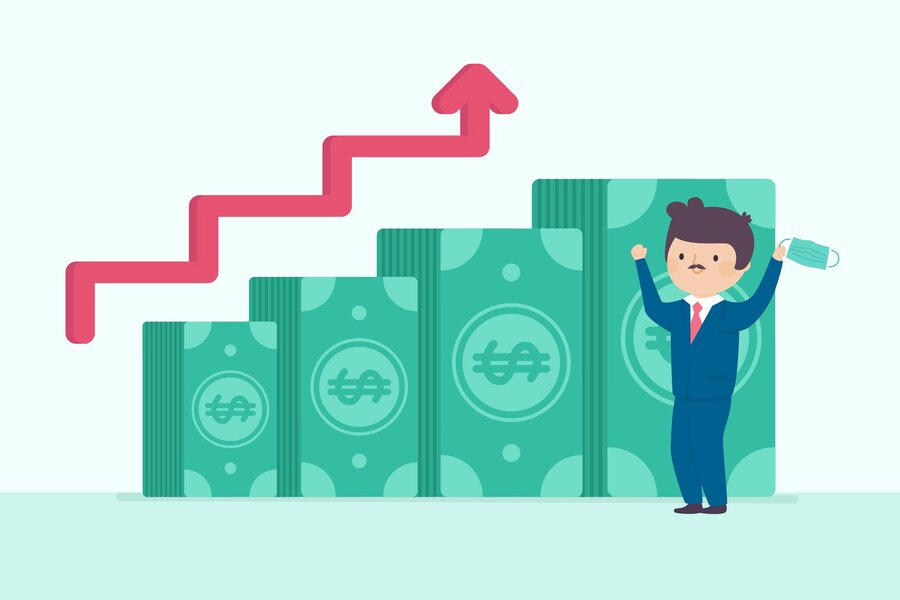Introduction
Emerging from the process of debt settlement is a significant achievement in your financial journey. It marks a turning point toward regaining your financial stability and borrowing power. Although debt settlement can temporarily impact your credit score, it doesn’t mean your financial future is bleak. In this article, we’ll outline essential steps to help you regain your borrowing power after settling your debts.
1. Assess Your Financial Situation
Before you start rebuilding your borrowing power, take a thorough look at your financial condition. Evaluate your current income, expenses, and financial goals. Understanding your financial position will allow you to set realistic expectations and create an effective plan.
2. Review Your Credit Report
Request a copy of your credit report from major credit bureaus such as Equifax, Experian, and TransUnion. Carefully review the report to ensure that all settled accounts are accurately reported. If you spot any errors, dispute them promptly to have them corrected. Your credit report is a crucial tool for tracking your progress as you work to rebuild your credit.
3. Establish a Budget
Create a detailed budget that outlines your monthly income and expenses. A budget helps you manage your finances effectively and ensures that you have the necessary funds to cover your living expenses and any new debt obligations. Track your spending and make adjustments as needed to align with your financial goals.
4. Start Saving
Building an emergency fund is essential for financial stability. Aim to save at least three to six months of living expenses. Having an emergency fund in place provides a financial cushion in case unexpected expenses arise, reducing the likelihood of resorting to high-interest debt in the future.
5. Consider Secured Credit Cards
Secured Credit cards are an excellent tool for rebuilding your credit. These cards require a security deposit, which serves as collateral and minimizes the risk for lenders. Apply for a secured credit card and use it responsibly by making small purchases and paying off the balance in full and on time each month. Over time, this responsible credit usage will positively impact your credit score.
6. Explore Credit-Builder Loans
Some financial institutions offer credit-builder loans designed to help individuals rebuild their credit. These loans work by holding the loan amount in a savings account while you make monthly payments. Once the loan is paid off, you receive the funds and improved credit. Credit-builder loans are an effective way to establish a positive payment history.
7. Maintain Timely Payments
Your Payment history significantly influences your credit score. Ensure that all Your bills, including utilities and loans, are paid on time. Setting up automatic payments or reminders can help you avoid missing due dates. Consistently making on-time payments demonstrates your financial responsibility to potential lenders.
8. Reduce Debt Gradually
While it’s essential to manage your existing debt responsibly, it’s also wise to avoid taking on new debt until your financial situation stabilizes. Reducing your overall debt load can positively impact your credit score and economic well-being.
9. Be Patient and Persistent
Rebuilding your borrowing power takes time and patience. The negative impact of debt settlement on your credit score will gradually diminish as you demonstrate Responsible financial behavior. Stay committed to your financial plan and continue to make positive financial choices.
10. Monitor Your Progress
Regularly monitor your credit score and credit report to track your progress. You can use free credit monitoring services or consider paying for a credit monitoring service that provides more in-depth insights into your credit history. Monitoring allows you to identify any issues or discrepancies early and address them promptly.
Conclusion
Settling your debts, and regaining your borrowing power is a manageable process that requires dedication and financial discipline. By assessing your financial situation, creating a budget, and responsibly using credit-building tools, you Can steadily rebuild your credit and improve your financial prospects.
Remember, patience and persistence are key as you work toward a brighter financial future with renewed borrowing power. With time and consistent effort, you can regain access to loans and credit on more favorable terms, setting yourself up for financial success.



